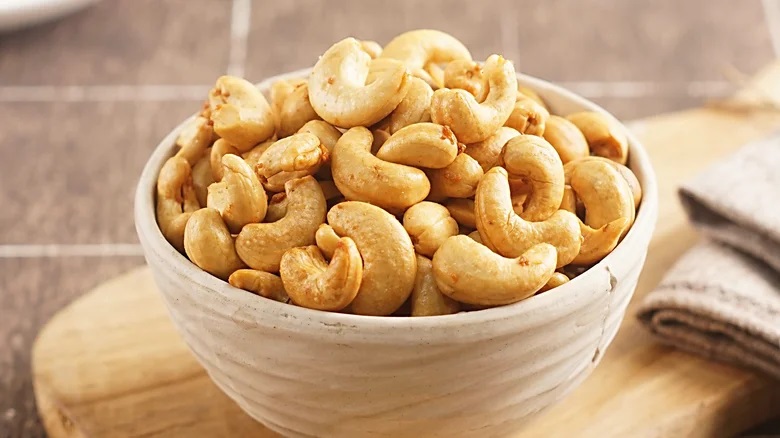Whole Fruits: A Safe Bet for Diabetic Women

Image Source: Bodywise
Those living with Type 2 diabetes can safely have one fruit every day. But the fruit should be had on an empty stomach, not as an add-on to a meal or as an addition to other carbohydrates. (Source: Freepik)
According to Dr. Seema Gulati, National Diabetes, Obesity, and Cholesterol Foundation (NDOC) Centre for Nutrition Research, whole fruits, with their high fiber content, should be included in a diabetic’s diet. The latest research confirms that one serving of whole fruit per day can lower the risk of developing Type 2 diabetes, while another study suggests that it can help control blood sugar levels in those who already have the condition. However, some ground rules need to be observed. Diabetics should eat one fruit every day on an empty stomach, not as an add-on to a meal, and ensure that this single fruit becomes part of their total carbohydrate allowance for the day. The fruit should be eaten when they are at their hungriest, usually after waking up. If not in the morning, then the fruit can be eaten as a snack when hunger pangs kick in between large meals. The portion size also matters, and some fruits, such as fully ripe bananas, mangoes, and dates, should be consumed in smaller quantities.
Dr. Tushar Tayal, Consultant, Internal Medicine, CK Birla Hospital, Gurugram, suggests watermelon, strawberries, and apples as some of the suitable fruits for diabetics due to their low glycaemic index (GI). However, even low-GI fruits need to be consumed in moderation, and portion control is essential. The total daily fruit intake should not exceed 30 gm, and the fruit should be mixed with nuts, seeds, or other proteins like yogurt. Fruits are abundant in potassium and magnesium, which can help regulate blood sugar levels. Low-GI fruits, including apples, avocados, cherries, guava, peaches, pears, and strawberries, are safe for diabetics, while medium-GI fruits, such as figs, grapes, and oranges, should be consumed with caution.
Whole fruits, packed with natural sugar, provide antioxidants, vitamins, and minerals and can protect the body from the oxidative stress of free radicals and boost immunity levels. Thus, diabetic women can safely consume whole fruits to manage their blood sugar levels and meet their micro-nutrient requirements.
Staff Reporter








